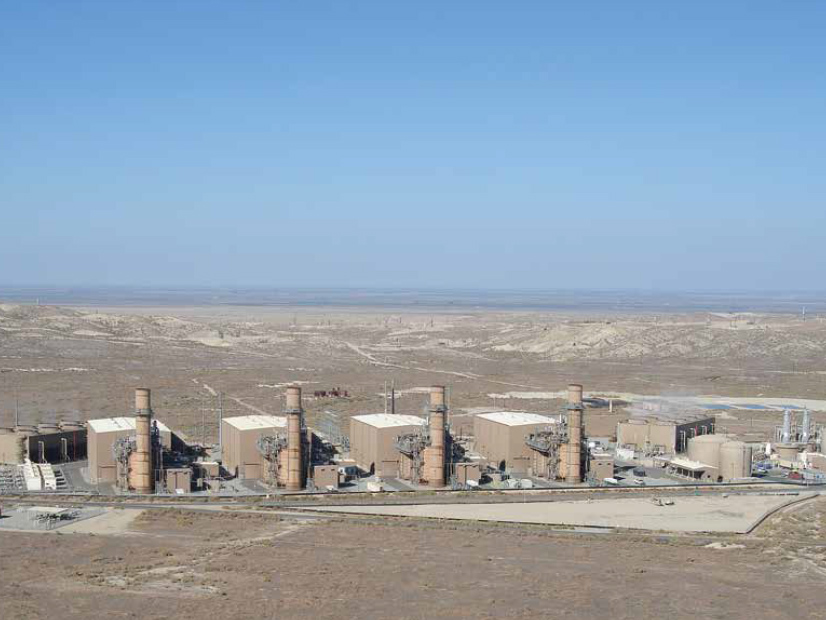FERC on Thursday restarted a paper hearing in a dispute over a revised interconnection agreement that would reduce the transmission capacity provided to a 20-year-old gas-fired power plant located in California’s Central Valley.
The dispute involves CAISO, Pacific Gas and Electric (NYSE:PCG) and CXA La Paloma, owner of the La Paloma Generating Plant in Kern County, Calif. (ER21-2592).
La Paloma, which entered service in 2003, struggled financially over the last decade as low-priced renewable resources depressed wholesale electricity markets.
After failing to win an expanded reliability must-run designation from CAISO, the plant declared bankruptcy in 2016, citing rising debt, a difficult regulatory environment and mounting compliance obligations under California’s cap-and-trade program.
The ISO refused to authorize a partial closure of the plant, and a new owner acquired the facility in 2018.
La Paloma’s original large generator interconnection agreement (LGIA), which FERC approved in 2001, provided the plant with 1,160 MW of interconnection capacity in the CAISO system. When the LGIA expired in August 2021, PG&E proposed a replacement agreement that would reduce La Paloma’s interconnection capacity to 1,062 MW, which CAISO asserted had been the maximum net generating capacity demonstrated at the plant’s point of interconnection.
Negotiations between PG&E and La Paloma failed to produce a replacement, and in December 2021, FERC accepted the utility’s unexecuted agreement, then suspended it for a nominal period, saying it needed more information to determine the reasonableness of the agreement “regarding the amount of interconnection service that should be reflected in the replacement interconnection agreement.”
The December 2021 order established a paper hearing, which the commission held in abeyance to allow a settlement judge to help negotiate the dispute. In June, the chief administrative law judge overseeing the matter terminated settlement procedures, saying the parties had reached an impasse.
In its order Thursday, the commission asked the parties to address several points in preparation for the hearing. It:
- directed CAISO to explain which tariffs or manuals, if any, govern the renegotiation of an expiring LGIA, as well as which documents govern “a decrease to the interconnection capacity provided under an expiring generator interconnection agreement, and explain under which conditions interconnection service capacity may be decreased from the amount specified in the expiring generator interconnection agreement.”
- asked why 1,062 MW was selected for the proposed replacement interconnection agreement, given that La Paloma’s participating generator agreement states the plant has 1,022 MW of generating capacity; the CAISO master file for the plant shows it has a generating capacity of 1,066 MW; the project’s peak output in recent years has not exceeded 1,061.3 MWh in any given hour; and the plant’s average peak output since 2018 has been 988.95 MW.
- asked La Paloma to provide evidence for its own claims about the capacity and output of the plant.
- directed CAISO to explain whether it conducted PMax testing — which determines the maximum megawatt level that a resource is capable of sustaining — and site visits to the plant during the replacement interconnection agreement negotiations, in line with the ISO’s stated practice.
The commission also directed La Paloma to provide documentation supporting its request that the ISO and PG&E compensate the plant for the 98 MW of interconnection capacity the replacement agreement would return to the CAISO system.
Initial briefs from the three parties are due 60 days from Thursday’s order.




